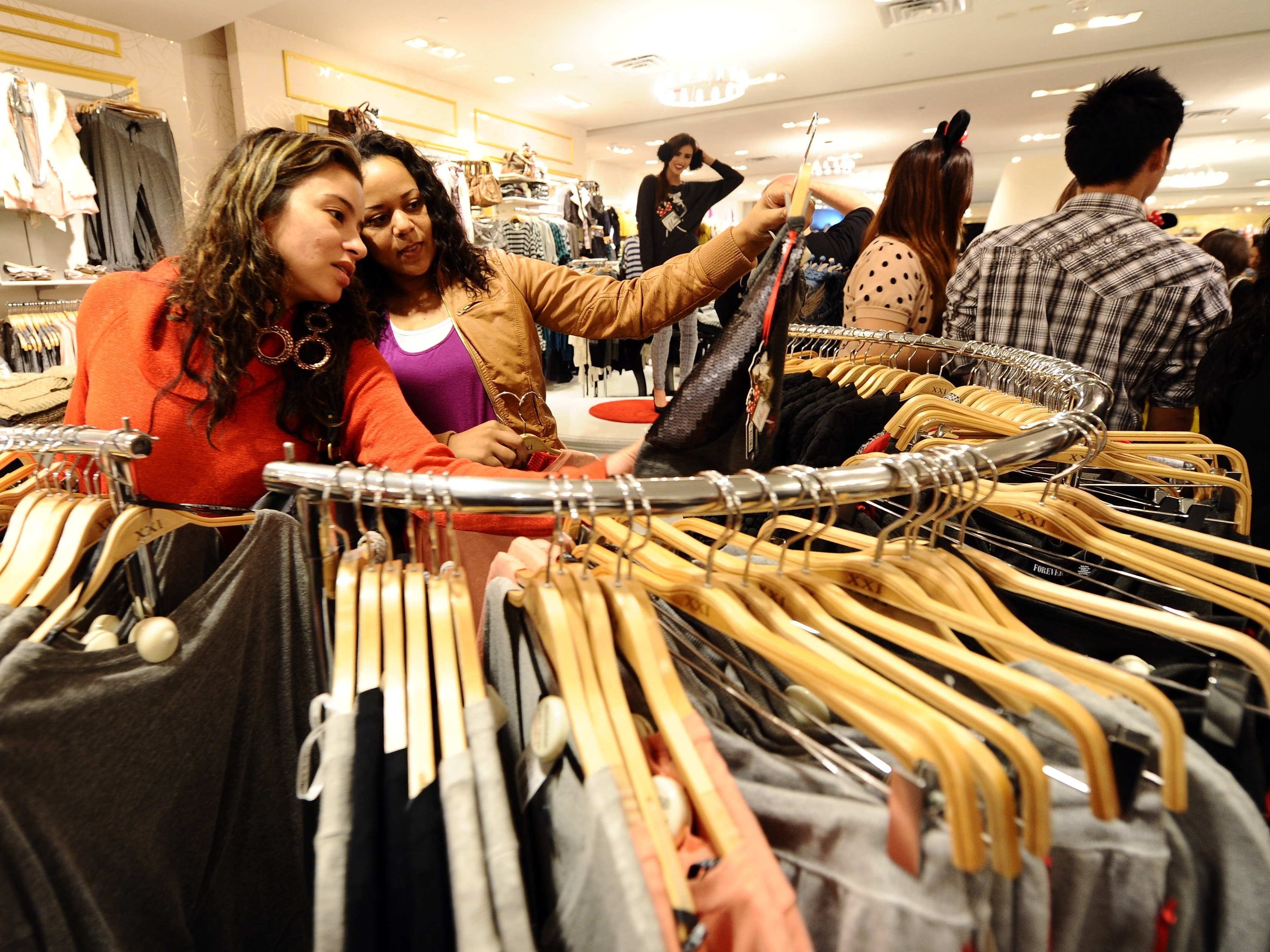Household Bills
Watches, jewellery and department store spending boost retail sales in April

UK retail sales rose by 0.5% in April against a fall of 1.2% in March 2023, according the Office of National Statistics (ONS).
Retail sales recovered better than expected in April with sales volumes growing by 0.5% after a 1.2% decline in March, according to the ONS.
Sales volumes rose by 0.8% in the three months to April 2023 when compared with the previous three months; the highest rate since August 2021.
Department stores drive sales
Non-food stores sales volumes increased by 1.0% in April 2023, following a fall of 1.8% in March affected by poor weather conditions throughout most of that month. Indeed, it was the sixth wettest March since records began in 1836.
Within non-food stores sector, the ONS noted ‘strong’ growth in sales of watches, jewellery, and sports equipment stores.
Meanwhile, department store sales volumes rose by 1.7% following a fall of 3.0% in March 2023.
Sophie Lund-Yates, lead equity analyst at Hargreaves Lansdown, said: “Sales of watches and jewellery and department store performances helped non-food sales climb, and suggest that belt-tightening perhaps isn’t as potent as feared.”
“[However], consumers are clearly being more discerning about the number of additional extras finding their way into trollies, setting supermarkets up with a dilemma when it comes to margins”
Food up, fuel down
Food stores sales volumes rose by 0.7% in April 2023, having fallen 0.8% in March 2023. Sales volumes rose by 0.2% in the three months to April 2023 when compared with the previous three months, the first rise in food store sales since August 2022 (0.7%).
However, sales volumes were 2.7% below their pre-coronavirus February 2020 levels.
Meanwhile, despite falling fuel prices, automotive fuel sales volumes fell by 2.2% in April 2023.
Inflationary impact as shoppers get less for more
Several experts noted the impact of high inflation on the retail sales figures.
Danni Hewson, head of financial analysis at AJ Bell, said: “Look back to pre-pandemic spending and you can clearly see the impact of higher prices on consumer habits. People are buying considerably less than they were three years ago but paying a whole lot more.”
Victoria Scholar, head of investment, interactive investor agreed with that assessment.
She said: “Total value increased whereas volumes fell by 3% year-on-year, suggesting that price rises were largely responsible for the retail sales growth.
“Total retail sales were 16.5% higher than February 2020 pre-pandemic whereas volumes are 0.8% lower, underscoring inflation’s impact on the retail sector. Increased volumes of food and non-food items offset declines in spending on automotive fuel.”
However, Helen Dickinson, chief executive of the British Retail Consortium, had a more optimistic view, noting that ‘outlooks were becoming more positive’.
She said: “Despite households still feeling the squeeze from the high cost of living, sales growth improved in April. Nonetheless, consumers continued to adjust their spending patterns, looking for lower price alternatives on many key products, leading to falling sales volumes.”
“Sales should improve further as we enter the summer months, especially with inflation starting to ease and consumer confidence slowly stabilising. Government must ensure it does not sabotage this momentum by adding cost pressures onto retailers from new policies, as these will mainly serve to push prices back up for people up and down the country.”